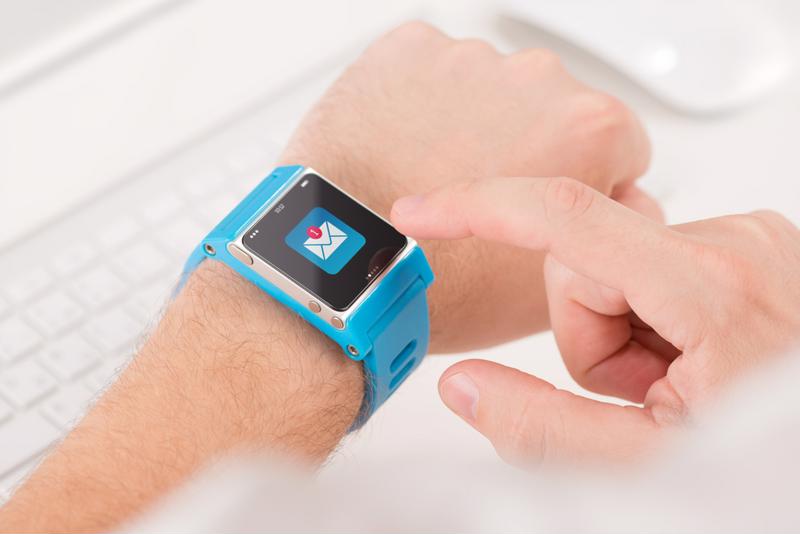As even more payment solutions come to the forefront, Americans appear increasingly willing to adopt methods that aren't designed for pants pockets.
That's according to a newly released poll from Aite Novarica Group. The survey, which questioned 383 respondents, sought participants' opinions on some of the newer payment options that are either in place, in development or in their seminal stages.
For example, over two-thirds of respondents said that they were either "very interested" in using smart home devices, "extremely interested" or were already using them to make certain kinds of purchases.
Vast majority of Americans leverage AI regularly
Smart home devices and assistants have fast become a multi-billion dollar market, with the likes of Google (Home) Amazon (Alexa) and Apple (Siri) having their own iterations. Three years ago, over 85% of Americans were using some kind of artificial intelligence product on a regular basis, according to a Gallup poll. It's risen since then.
They're also utilizing wearables. Approximately 17% of adults in the Aite Novarca Group survey said they paid for items using things like their watches, rings and bracelets, while 33% indicated they were "very interested" in taking advantage of this technology.

Some are willing to be implanted with a payment device. Indeed, as many as 45% of respondents said they had at least some level of interest in having a chip physically inserted underneath their skin, allowing them to pay for things with a wave of the hand or scan.
London-based startup says it has the first microchip implant device
While microchip implantation remains somewhat controversial, the technology exists. According to Notes from Poland, a company called Walletmor says it's developed the world's first microchip implant device, which the startup says is capable of storing encrypted data to make the buying process more secure.
Wojciech Paprota, who founded the London-based technology company, told Notes from Poland he thinks this method will take hold; it's just a matter of time.
"I believe that one day implants will be as popular as payment cards," Paprota predicted.
He further stated this payment option will help to diminish identity theft and enable adopters to more effectively protect their finances.
David Shipper, a strategic advisor for Aite Novarica's retail banking and payment division, indicated the market will be the ultimate determinant of whether this technology — or some other one — goes mainstream.
"Regardless, as contactless acceptance grows and digital card issuance with push provisioning to a digital wallet becomes more common, the availability and use of alternative payment form factors will likely increase as well," Shipper said.
It may be a while before consumers warm up to the idea of implants; nearly 60% in the aforementioned survey said they weren't interested.



Post A Comment:
0 comments so far,add yours